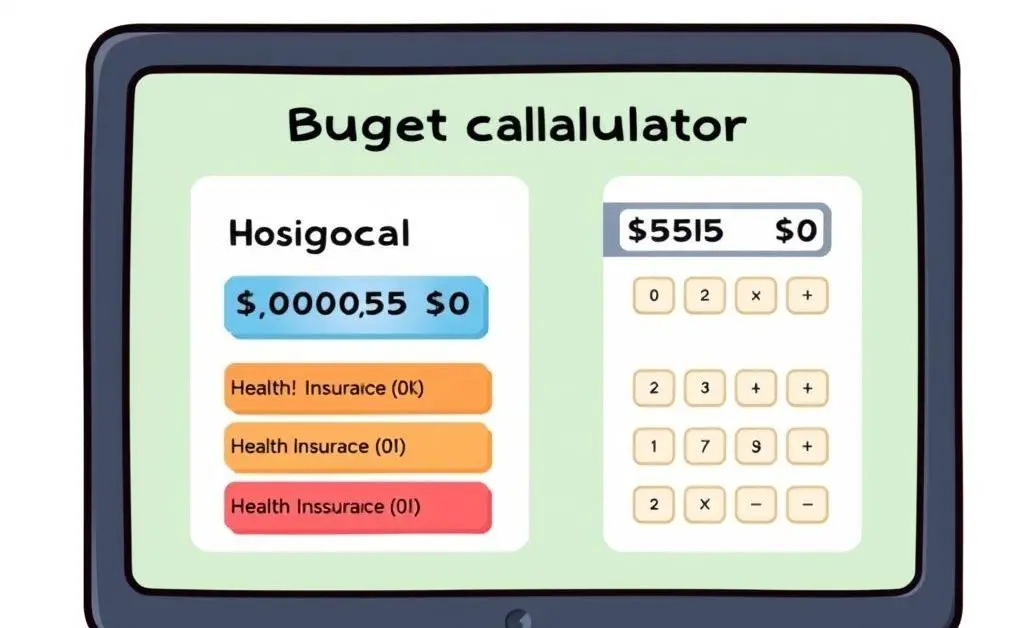Choosing the Right Health Insurance Plan: A Friendlier Guide
Navigating health insurance? Discover how to choose the best plan for your needs, simply and clearly.

Ever stood in front of a cereal aisle, overwhelmed by the sheer number of choices? That's how many of us feel when we try to choose a health insurance plan! But don’t worry—I’m here to help you navigate this maze, so you can choose the best plan for your needs without losing your mind—or your budget.
Understanding Your Options
One of the first things to consider when choosing health insurance is the type of plan that suits you best. You might encounter acronyms like HMO, PPO, and EPO, which can seem like a secret code. Here's a quick breakdown:
- HMO (Health Maintenance Organization): Generally offers lower premiums and a primary care physician (PCP) who manages your care within a network.
- PPO (Preferred Provider Organization): Provides more flexibility with higher premiums, allowing you to visit any doctor or specialist without a referral.
- EPO (Exclusive Provider Organization): Sits between HMO and PPO, offering no out-of-network coverage but doesn't require referrals for specialists.

Decoding the Costs
Let's clear up another mystery—the cost aspect. You’ll encounter terms like deductibles, premiums, and out-of-pocket maximums. Here's the lowdown:
- Premium: The amount you pay monthly for the insurance, much like a subscription service.
- Deductible: The amount you need to pay before your insurance kicks in. It's like the entry fee to the swimming pool of coverage.
- Out-of-Pocket Maximum: The maximum you'll spend in a year before your plan covers 100% of services.
It's a balancing act: higher premiums often lead to lower deductibles and vice versa! It's about finding the sweet spot for your circumstances.
Consider Your Health Needs
I once had a friend, let's call her Jane, who was deciding which health insurance plan to get. Jane loves hiking and sustains a few injuries a year. For her, a plan with a higher premium offering lower deductibles and extensive coverage for outpatient services was a good fit.

If you have specific health considerations, choose a plan that emphasizes care in that area. Whether it's frequent doctor's visits, prescription needs, or planned surgeries, align your plan with your anticipated healthcare usage.
Evaluating Network Providers
Don't forget to check if your preferred healthcare providers are within your plan's network. It's easier to continue visiting the doctors you trust without paying out-of-pocket for out-of-network fees.

In a Nutshell
Choosing the right health insurance plan involves balancing costs with your personal health needs and understanding the types of plans available. By considering your healthcare usage, budget, and preferred providers, you’ll be able to navigate your options more effectively.
Now, I’d love to hear from you—in your experience, what’s been the hardest part of choosing a health plan, and how did you overcome it?




